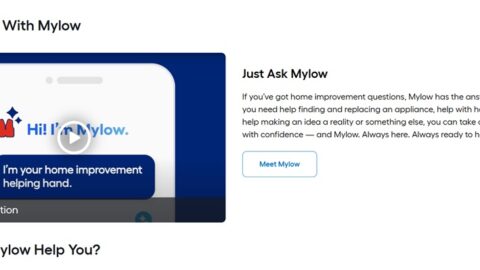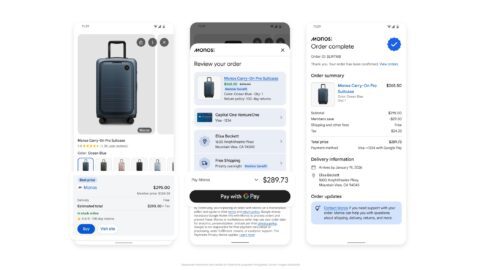After more than four years of efforts to deprecate third-party cookies on its Chrome browser, Google has essentially given up the fight. In a July 22 blog, the VP of Google’s Privacy Sandbox Anthony Chavez acknowledged the pushback Google has received from publishers, brands and regulators as it sought to remove the online trackers.
“In light of this, we are proposing an updated approach that elevates user choice,” Chavez wrote. “Instead of deprecating third-party cookies, we would introduce a new experience in Chrome that lets people make an informed choice that applies across their web browsing, and they’d be able to adjust that choice at any time. We’re discussing this new path with regulators and will engage with the industry as we roll this out.”
As recently as April 2024 Google said it was still moving toward cookie deprecation even as it postponed the actual implementation, this time until 2025, for the third time since the original January 2020 announcement.
Chavez noted that Privacy Sandbox APIs (the cookie alternative that Google developed) remained available and had the potential to enhance privacy while supporting “a competitive and thriving marketplace that works for publishers and advertisers.” Much of the resistance to cookie deprecation came from the proposed Privacy Sandbox alternative, which rivals feared would only strengthen Google’s grip on ad sales and technology.
Additionally, Google plans to introduce IP Protection into Chrome’s Incognito mode.
“Google’s cookie reversal today shouldn’t change how marketers interact with customers,” said Jamie Domenici, Chief Marketing Officer at Klaviyo in comments provided to Retail TouchPoints. “In fact, the strategy should remain the same – ask permission, ensure your customers have a choice on what data they share and rely on zero- and first-party data to craft your campaigns. Marketers also need to meet their customers where they are and engage with them via those channels. Trust is key to building longstanding relationships with customers.”
In November 2022 Google agreed to pay a record $391.5 million to settle a 40-state privacy suit as well as making its location tracking technology disclosures clearer.













